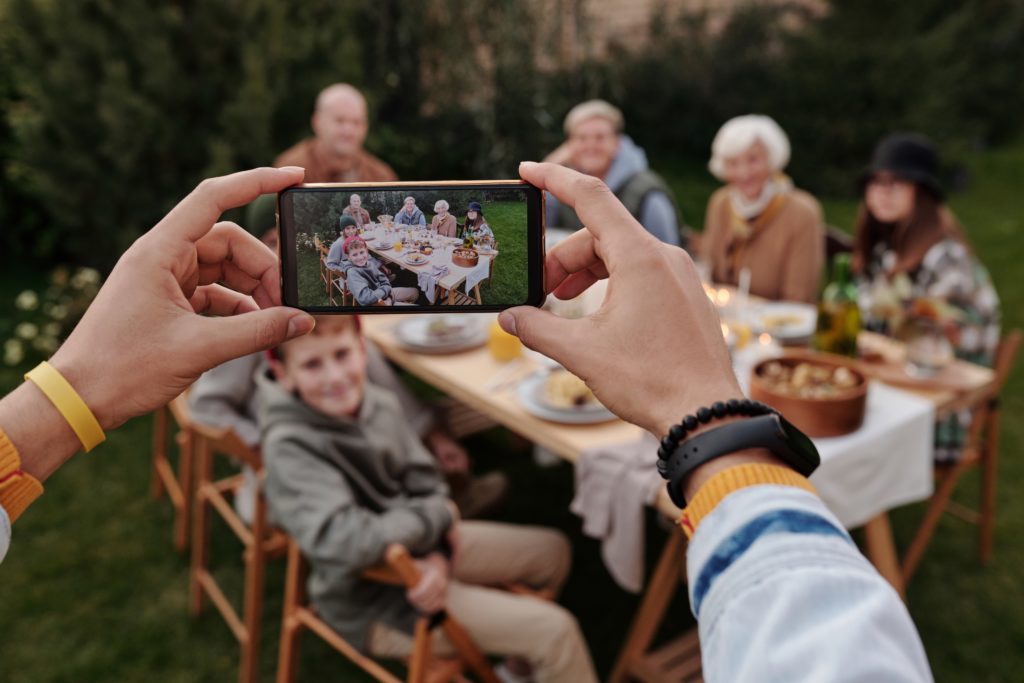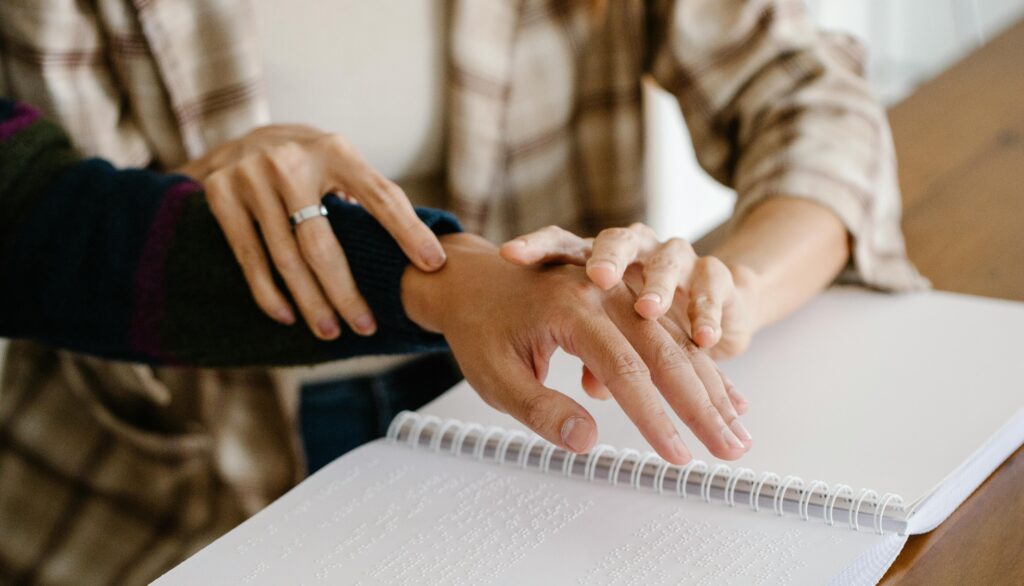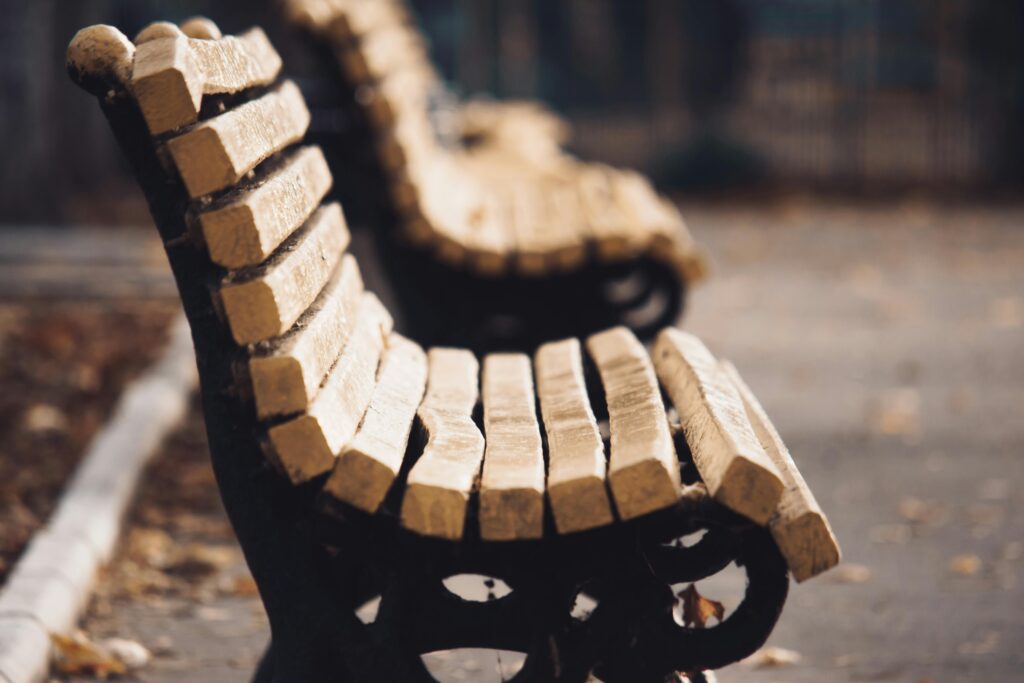Break the Parenthesis of the Pandemic
We Need One Another as Community

Priest and psychotherapist Alfons Gea offers this article on the importance of breaking the parenthesis caused by the pandemic, reminding us that we need one another as community.
* * *
The pandemic is changing customs; its beginning led us to do away with some social playful or religious activities. Something as daily as shopping is being transformed into ordering a product on the Internet and waiting for the transporter, as it is faster for us than shopping in person. The result of this is that many establishments are obliged to close.
Without wanting to compare shopping with attendance at Mass, we can also affirm that for many people, especially the elderly who attended Mass in the parish or community, the fact of “seeing it on television” leads them to a certain physical and social isolation from their community. The physical presence in the assembly facilitates being someone for someone, that we are recognized and we recognize others, exercising word, encounter and listening.
We can say that the telematic facilities, although they facilitate a product reaching us in the case of purchases, on the other hand, they make social competencies of relation atrophy. The problem is not only the poverty of stimulations and the limitation of experiences. The problem is that in not a few people isolation is generating the establishment of fears, weakness to address difficulties or challenges, such as going to necessary places but is causing stress and anxiety in face of a restricted and poor ambiance, which doesn’t facilitate the expression of concerns, as they lack interlocutors. We need one another as community. We need to be and we are when we are for someone, not for an audience index.
The Holy Father, Pope Francis, already traced the road map at the beginning of the pandemic. In the Prologue of the book Communion and Hope, he affirms: “Easter gives us hope, confidence and courage, it strengthens us in solidarity” and in fraternity. “The danger of contagion of a virus must teach us another type of ‘contagion,” that of love, which is transmitted from heart to heart,” he adds.
There are those that live in a state of parenthesis, namely, waiting for normality and, meanwhile, eluding social activities and, as we have said, attendance at Mass in the parish or community. The problem is that the moment is not seen to close the parenthesis to return to normality. No one has any idea when the pandemic will end. The necessity is being imposed of breaking the parenthesis before closing it. The people who from the beginning did not make a parenthesis in leaving the house and relating to one another, do not present the picture of anxiety of that those do that have shielded themselves in a bubble, those that still live in the manner of parenthesis.
Videos of Father Alfons Gea on Youtube:
https://www.youtube.com/c/AlfonsGea
https://www.youtube.com/channel/UCJCBR-gWvDiXfQi5bzYCw8g
Translation by Virginia M. Forrester
Related

Sensitivity in a Managerial Key: The Forgotten Muscle of Meaningful Leadership
Alejandro Fontana
08 April, 2025
3 min

That’s not my problem!
Hugo Saldaña Estrada
08 April, 2025
2 min

Orphans of Living Fathers
José Miguel Ponce
08 April, 2025
2 min

Who is a good person?
José Miguel Ponce
07 April, 2025
2 min
 (EN)
(EN)
 (ES)
(ES)
 (IT)
(IT)

